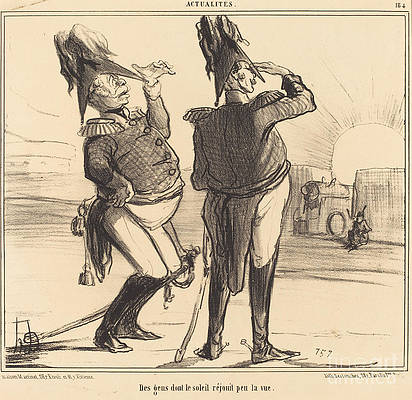
Traditional Automakers and Vehicle Electrification
The danger facing traditional automakers charting their future in the nascent electric vehicle market is not electric powertrain technology, it is in their mindset and attitude.
The tallest hurdle on the way to mass-market adoption is not in charging infrastructure and battery supply chain, it is the headwind caused by the combined impact of new markets, new customers and new regulations.
I find recent conversations with Ford Motor newly appointed COO Jim Farley and Thomas Ingenlath, the CEO of Polestart (a Volvo company), a good illustration of the deeply rooted differences in mindset and attitude between the two companies.
Farley spoke recently at the Wolfe Research automotive center in New York as reported in the March 2 issue of Automotive News. Ingenlath was interviewed by Automotive News for the same March issue.
On Business Transformation and Electric Cars
Ford’s Farley spoke with Automotive News about his plans to instill a sense of urgency in the top ranks of the company: “The only way to change the sense of urgency is to change the way your work,” he said. “We are at the moment in time at Ford where delivery matters. … It is execution.”
This is an old mantra. Practically every newly appointed automotive executive talks about execution, quality and delivery, only to realize the obvious: the organization cannot simply wake up the next morning and behave differently. In 2018, Ford announced an $11 billion investment to develop 40 electrified vehicles by 2022. What does it have to show for thus far? The Mustang Mach-E electric SUV which, while exciting, does not have the sales volume to move the needle. Recent production plans obtained by Reuters show that Ford, as well as GM, are going to continue focusing on money-making pickups and SUVs.
Polestart‘s Ingenlath has a different perspective. He believes that “three parties have to come together for electrification to gain speed and become real: the automotive industry, politicians and consumers.”
Volvo decided to launch a standalone electric vehicle brand. Ingenlath: “how long will I have that it’s not a crazy idea to create a new electric car company?” I tend to think that the Volvo name could have been beneficial in building consumer confidence in an unknown brand positioned to compete directly with Tesla. Time will tell if this was the right decision.
Ingenlath is cautioning “automakers that still, despite lots of talk, do not embrace electric mobility wholeheartedly” and points to Tesla as a successful automaker that is fully dedicated to electric mobility. Ford’s Farley action plan is to hire tech-focused talent “to think and work in new ways” and hope it will change the company top brass culture. I have my doubts…
